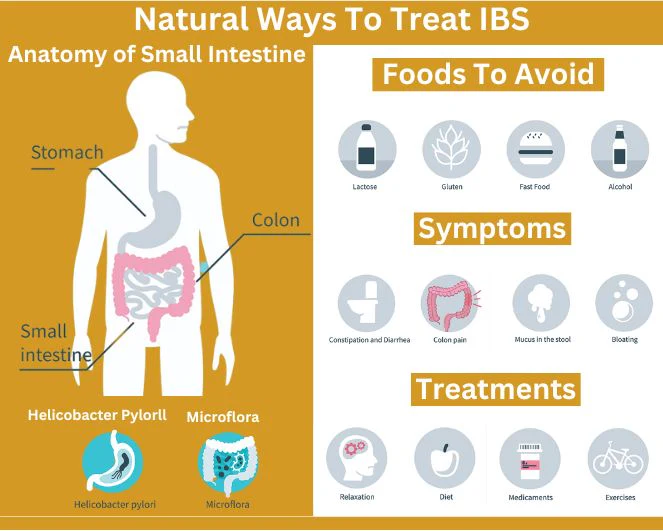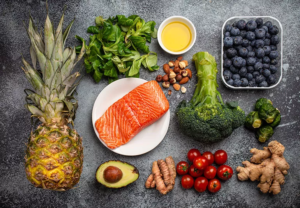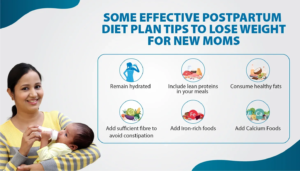Bloating, gas, stomach cramps, or irregular bowel habits—these are more than just uncomfortable. For many, they signal a deeper issue: Irritable Bowel Syndrome (IBS). If you’ve struggled with digestive discomfort and haven’t found relief through general dietary advice, it might be time to explore the FODMAP approach.
The FODMAP diet is gaining popularity worldwide for its effectiveness in managing IBS symptoms. And even those starting body transformation programs in Mumbai or following weight loss diet programs in Mumbai can benefit from understanding how certain foods impact gut health.
What Are FODMAPs?
FODMAPs refer to a collection of short-chain carbs—Fermentable Oligosaccharides, Disaccharides, Monosaccharides, and Polyols—that the small intestine struggles to digest efficiently.
When these carbs ferment in the gut, they cause symptoms like:
- Bloating
- Gas
- Diarrhea or constipation
- Abdominal pain
Foods high in FODMAPs often include items like garlic, onions, apples, dairy products, wheat, and sweeteners such as sorbitol.
Why Do FODMAPs Cause Issues?
When FODMAPs aren’t properly absorbed, they draw excess water into the intestines and are rapidly fermented by gut bacteria, producing gas. This can lead to significant discomfort, especially for people with IBS or sensitive digestion.
For those involved in body transformation programs in Mumbai, these symptoms can interfere with workouts, meal planning, and overall consistency. Digestive comfort plays a key role in sustaining long-term fitness goals.
The FODMAP Diet: How It Works:
3 phases of FODMAP: Elimination, Reintroduction, Personalization.
- Elimination: Remove high-FODMAP foods from your diet for 4–6 weeks.
- Reintroduction: Slowly reintroduce specific FODMAPs to identify which ones trigger symptoms.
- Personalization: Build a balanced, long-term eating plan that avoids your specific triggers but includes as many tolerated foods as possible.
This process should be done with the guidance of a registered dietitian, especially for those also managing calorie or macronutrient goals through weightloss diet programs in Mumbai.
Who Should Try the FODMAP Diet?
This diet is specifically recommended for individuals diagnosed with IBS or those who frequently experience bloating and digestive issues after eating. It’s not intended as a general weight loss diet, but improving digestion can help support overall well-being—and even make sticking to your fitness goals easier.
In fact, several weightloss diet programs in Mumbai now integrate digestive health support, recognizing that bloating, discomfort, or food intolerances can hinder progress and motivation.
Practical Tips for Trying a Low-FODMAP Approach:
- Read labels carefully: High-FODMAP ingredients like inulin, honey, or high-fructose corn syrup often hide in packaged foods.
- Plan ahead: Meal prep helps avoid the last-minute stress of figuring out what’s safe to eat.Monitor your reactions by maintaining a journal of what you eat and any symptoms that occur, especially during the food reintroduction stage.
If you’re currently participating in body transformation programs in Mumbai, it’s a good idea to discuss your FODMAP plan with a coach or dietitian to ensure it supports your weight loss or fitness objectives.
Final Thoughts
Understanding FODMAPs can be a game changer for those struggling with chronic bloating, gas, or IBS. While it’s not a one-size-fits-all solution, it provides a structured, science-backed way to identify and manage food triggers.
Whether you’re beginning your journey with body transformation programs in Mumbai or fine-tuning your eating plan through weight loss diet programs in Mumbai, good digestion isn’t a luxury—it’s a foundation. And with the right approach, relief is possible.







